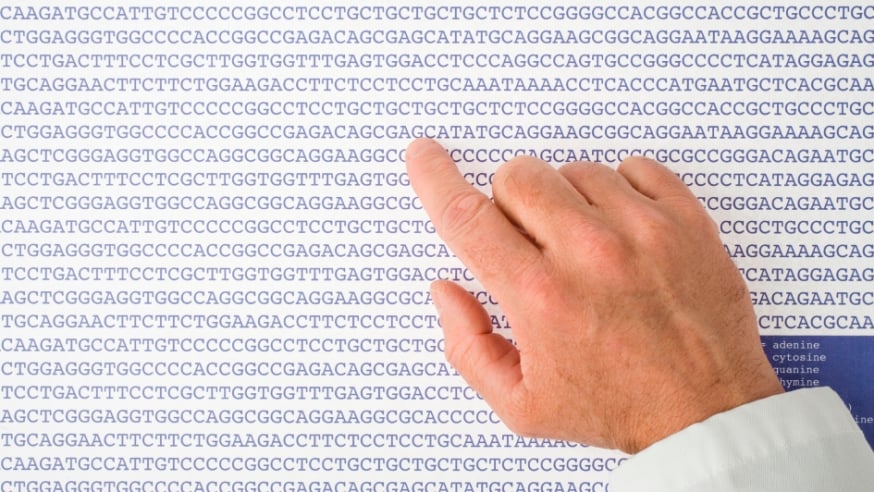
Photo: iStock.com/Claude Dagenais
Researchers have found seven new single-letter changes to DNA that are linked to an increased chance of developing renal cell carcinoma.
People with these variants are more likely to develop renal cell carcinoma, through the effect they have on nearby genes.
The study team, including researchers from The Institute of Cancer Research, London, published their results in the journal Nature Communications.
As well as finding the seven new single-letter changes, they confirmed another six that had previously been put forward as risk factors for the disease.
The study was funded by the National Institutes of Health (NIH) and the National Cancer Institute in the USA.
In the genes
Kidney cancer is the seventh most commonly diagnosed cancer in the UK, and renal cell carcinoma makes up 90 per cent of cases.
While much of the risk comes from lifestyle factors, genetics also plays a part. In total, the 13 genetic variants account for around 10 per cent of the inherited risk of renal cell carcinoma.
By comparing the DNA of 10,784 people with the disease and 20,406 people without, the team found that the seven new single-letter changes – as well as the six previously reported ones – were more likely to occur in people who developed renal cell carcinoma.
Find out more about the high quality laboratory, epidemiological and clinical research undertaken by our Division of Genetics and Epidemiology.
Learn more
Combined effect
Further analysis allowed the team to suggest how these variants might be increasing risk of the disease.
For example, a single-letter change on chromosome 14 seems to affect the way that the instructions in a gene called DPF3 are carried out. That gene is involved in the production of proteins that affect the packaging of DNA – and errors in these proteins are often found in tumours.
Professor Richard Houlston, Professor of Molecular and Population Genetics at the ICR, was one of the study’s lead authors. He said: “Our analysis provides further evidence that a person’s susceptibility to renal cell carcinoma is linked to the combined effect of multiple genetic mutations.
“Further analysis of these single-letter DNA changes should give us an even greater insight into the development of the disease – and with this insight, we may learn how to detect and treat the disease earlier than is currently possible.”